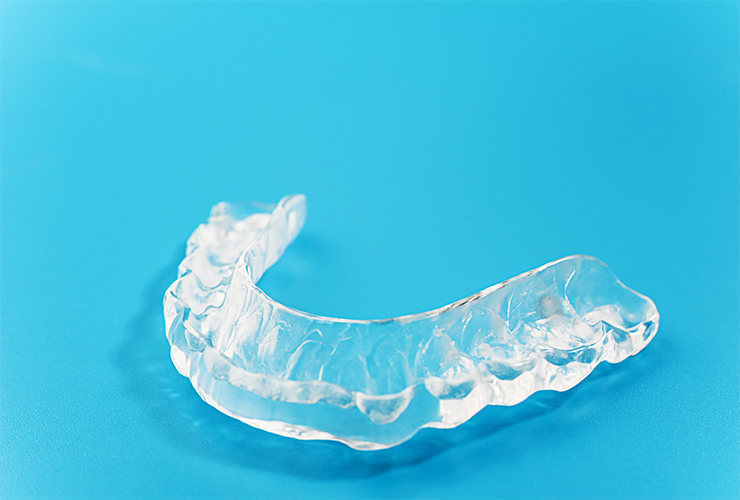Clenching & Grinding
Research shows that 60%-70% of the population grind their teeth during the night (different strengths at different stages of life), sometimes the grinding is loud enough to be heard by a partner or someone who sleeps next to the grinder.
Grinding or clenching teeth which is also called bruxism causes a number of problems such as: Wearing out of teeth, cracking of back teeth, breakage of restorations and severe damage to the jaw joint (TMD) leading to clicking of the joints, headaches and pain.
Signs & Symptoms
If you notice any of the following symptoms, you may be experiencing bruxism:
- Rhythmic contractions of the jaw muscles
- A grinding sound at night
- Jaw muscles that are tight or painful
- Popping or clicking of the temporomandibular joint
- Long-lasting pain in the face
- Damaged teeth, broken dental fillings and injured gums
- Headache
Causes
Some experts consider bruxism to be a habit, while others attribute it to one of the following:
- Stress, anxiety, frustration and anger.
- A malocclusion, or when the teeth and jaw do not line up correctly.
- A symptom of certain rare diseases of the nerves and muscles in the face.
- In rare cases, it may be a side effect of some medicines that treat depression.
- A complication of Huntington or Parkinson’s disease.


